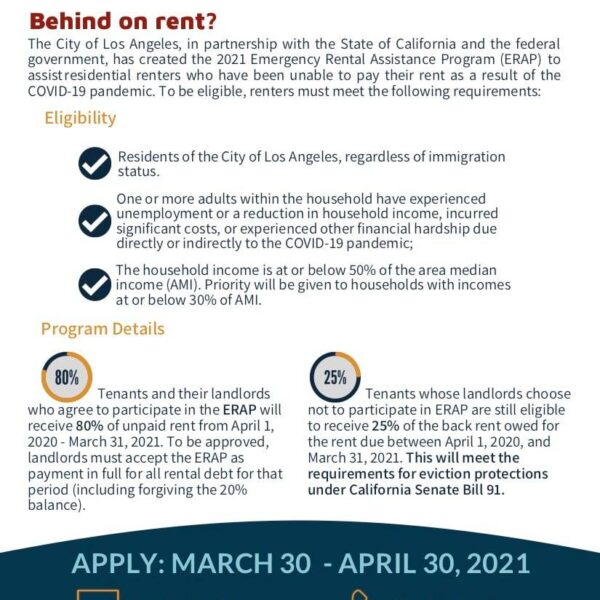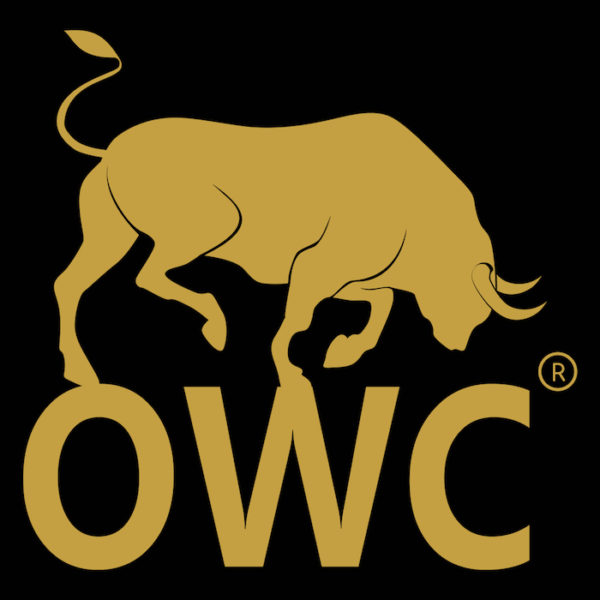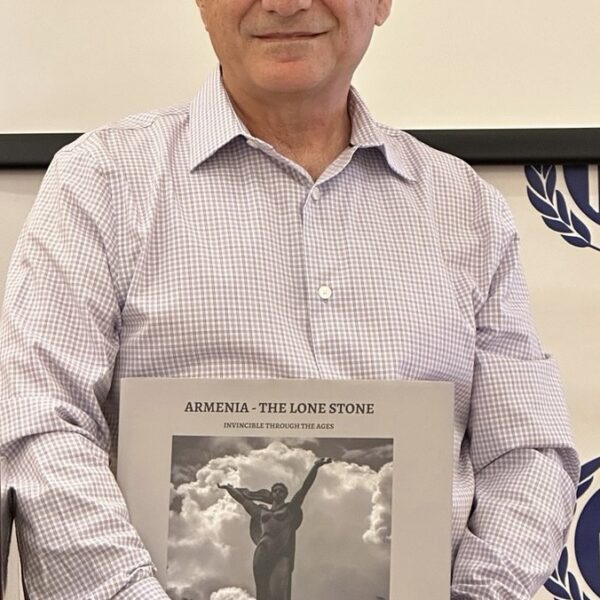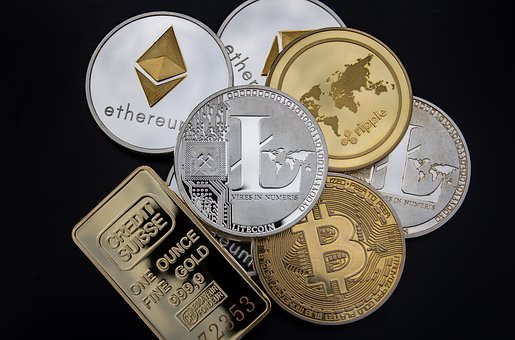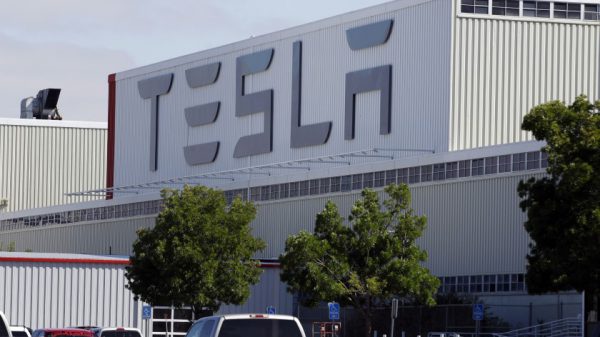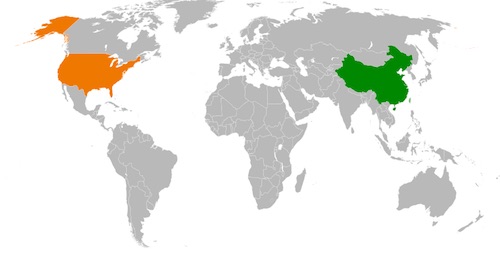TIM, Making Money, Exim Update
Washington, D.C. – Fred P. Hochberg, chairman and president of the Export-Import Bank of the U.S. (EXIM), addressed the International Association of Machinists and Aerospace Workers Industrial Conference in Chicago today.
Below are his remarks as prepared for delivery.
Good morning.
Thank you for inviting me to join you today. My thanks to Tom Buffenbarger, a relentless champion for jobs—a relentless champion for all of you—as well as an advisor and friend of mine.
And a special thanks as well to Owen Herrnstadt. Not only is Owen a tireless advocate for the interests of labor—he’s also the longest-serving member of EXIM’s advisory committee. Owen was at the Bank before I got there, and I’m sure he’ll be there long after I’m gone. And with Owen, the voice of labor is always heard loud and clear at EXIM.
I’d also like to take this opportunity to point out some other great supporters of EXIM, right here in Illinois. Mayor Rahm Emanuel has been a stalwart champion for economic growth here in Chicago, and knows that expanding exports means expanding job creation. And this state’s two U.S. Senators, Dick Durbin and Mark Kirk, have been true leaders in the effort to reauthorize EXIM Bank.
If they were here today, I know they would agree with me when I say that when you live in Washington, you spend time with a lot of talkers. My God, they do a lot of talking in Washington! So there’s nothing I love more than getting out of DC and going to places like Chicago, where I can spend time with doers. And that’s who you are—the makers of America, the tireless engine of our shared prosperity.
I have the opportunity to visit with a lot of workers, entrepreneurs, and innovators in cities and towns across our country. And when I think about the American worker, I think about a group that has faced uphill battles and won them, time after time, for more than 150 years.
American labor is a winning tradition. It’s a tradition of overcoming long odds. It’s a group of female mill workers in Lowell, Massachusetts, banding together to fight back against pay reductions in the 1830s.
It’s Samuel Gompers molding the movement from a million scattered voices to one powerful chorus.
It’s Frances Perkins—the first woman to serve in a presidential Cabinet—becoming Labor Secretary under FDR. All she did was oversee the birth of the 40-hour work week, the minimum wage, worker’s compensation, federal child labor laws, and Social Security.
Perkins was one of the big brains and relentless hearts behind the New Deal. That tradition is carried on today by Secretary Perez—a man I have known for years—who is tireless in his support and advocacy for American workers.
Another product of the New Deal was the agency I head: the Export-Import Bank. We were created in 1934 to help spur the American economy from the depths of the depression. FDR knew a winning combination when he saw it—selling overseas meant more American jobs.
What FDR and others knew then—and we know it’s even truer today—is that the world wants to buy American-made goods and services. Ninety-five percent of consumers live beyond our borders—and they’re clamoring for the products you make. But our manufacturers often face barriers to reaching them.
And just like fire or theft insurance, manufacturers often need export credit insurance to protect their overseas sales. They often need working capital to stay competitive, hire more workers, and keep innovating. Sometimes their overseas buyers need loans or loan guarantees in order to buy American—particularly when China and others are offering cheaper financing, low down payments, and easy terms. And in a lot of cases—particularly when you’re a small operation, or you’re selling to the developing world—the private sector isn’t able to offer financing.
That’s why EXIM exists. We work with American manufacturers, large and small, to equip them with the financing they need to go toe-to-toe with foreign rivals. And we do that because our mission is the same as it’s been since 1934: supporting good-paying American jobs.
As a country, we often talk about those jobs in terms of large numbers—a couple hundred thousand being added each month, more than 12 million new jobs over the last five years. But everyone here knows that jobs are more than simply a number.
A good job is a tremendous source of pride and self-esteem. It brings added meaning and purpose to our lives. Being able to provide for and protect your family is one of the most fundamental of human needs. A dependable job makes it easier to buy groceries, to pay the mortgage, or to make a tuition payment. It makes your family stronger, your neighborhood brighter, and your local economy more resilient.
That’s our true mission. And, last year, EXIM financing made it possible for 164,000 American families to breathe a little easier knowing they had a good job they could count on.
When I travel around this country, I meet many of your members, and I get an opportunity to see firsthand just how exports contribute to job creation. Let me tell you: if a company wants to make it in America, we are there for them—because we support you. If a company wants to make it somewhere else, then they can find financing somewhere else. We support American jobs—and only American jobs.
For example, I was just in Erie, Pennsylvania, visiting their GE transportation facility. Thanks to backing from EXIM, they are building state-of-the-art locomotives and exporting them to Indonesia. I met with the union leadership at that plant, and it won’t surprise you that they are proud of what they make. They know that the Indonesian government could have bought those locomotives from China or somewhere else, but thanks to EXIM financing they chose to buy American—and union-made.
Of course, GE has manufacturing plants all over the world. When they make things here, built by American workers, we’re there for them, if needed, to finance those exports. When they choose to build overseas, they should talk to the French or the Brazilians for financing—don’t talk to me.
And you know what? The vast majority of the jobs we support are in manufacturing—and one of the reasons I’m here today is because aerospace is our number one sector. We support tens of thousands of aerospace jobs year in and year out.
And we do it, by the way, at no cost to the American taxpayer. In fact, we generated a surplus of $675 million dollars last year alone. I was so proud of that number, I made it the password to my iPhone.
Now, some of you may have heard that EXIM has been in the news a bit lately. And not long ago, I was speaking with a group of exporters when a supply chain manager from Oregon asked me: “if EXIM doesn’t get reauthorized, what’s our Plan B?” I paused, and said: “There is no Plan B. EXIM is Plan B.”
For U.S. exporters, Plan A is always to secure financing in the private sector—and we have the most robust private sector in the world. But we all know that the commercial sector doesn’t always have the capacity to equip every business that wants to sell overseas.
That’s why we’re Plan B. And by the way, if Plan B goes away—if we, as a country decide to unilaterally disarm—you should know that there’s also a Plan C. Plan C is China. It really is as simple as ABC.
I just returned from a meeting with many of my counterparts from around the globe. I asked them whether they anticipate doing more or less to support their domestic exporters over the next five years. Japan, Korea, Russia, Germany, France, Brazil—they all indicated that they’ll be accelerating their financial backing for their exporters.
Of course, there’s also China—you can bet they’ll be continuing to put their foot on the gas. In fact, one of China’s export finance agencies noted that they doubled their activity in 2014—and they expect to double it again in the next year or two.
On top of meeting that competition, there is another role we play. We ensure that when a financial crisis hits—like the one we just went through—the crisis doesn’t take down export-backed jobs with it. When commercial banks withdraw from regions or sectors that are experiencing downturns, we step in so that our manufacturers don’t lose export sales—and don’t have to lay off workers.
We’re like a fire truck in that sense. And you don’t sell off the fire truck just because there isn’t a fire currently raging.
This past Friday, EXIM released our annual Competitiveness Report to Congress detailing some of the headwinds we’re facing as a country. Let me share two highlights.
First: there are actually 85 agencies just like EXIM around the world fighting for sales and export-backed jobs—more than we had previously estimated.
Second: while most of the world held steady last year, China’s export lending grew by more than 40 percent.
Let’s be clear—at EXIM, we don’t emulate what other countries do. We simply strive to level the playing field by equipping U.S. exports with reliable, rules-based financing that gives buyers the freedom to choose value over the cheapest option.
We know it’s a choice they want to have—we know that because on every continent, they still demand the products you create.
Look, American workers have never needed a handout—you just need a level playing field. We don’t have to make the cheapest products in order to compete. After all, when you shop for groceries, a car—whatever it is—you’re not looking for the cheapest thing. You’re looking for value.
China makes cheaper locomotives… ours last longer. China makes cheaper auto parts… ours are more dependable. China makes cheaper bridges, cheaper industrial machinery—pretty soon, they’ll be making cheaper airplanes. And you can bet that they will be financing those airplanes to the hilt.
But we’ll always have an edge because of three little words—that name plate, that sticker, wherever you find it: “made in America.” We’ll always be known for quality and innovation.
For those who work in aerospace, nearly 80 percent of the planes you build are sold to overseas airlines—and you better believe they appreciate the quality of your workmanship. And they are willing to pay for it. So don’t think for one second that you’re not an integral part of the global economy.
We know that exports drive machinist jobs. But none of that will matter if American companies can’t get in the game and compete.
I want to leave you with this thought. I was in the private sector for more than 20 years, and I’ve been in this job for 6. I have never seen competition this intense. Consider this: in our 81-year history, EXIM has done just under $600 billion in financing for U.S. exports. China has done a minimum—and this is just what we know about—of about $670 billion… in the last two years alone.
Now, competition that fierce—that’s certainly an uphill challenge. But if history has proven anything, it’s that American workers are always up for the fight. EXIM has been there alongside you for more than eight decades—and we want to be there for all of the battles you’ve got ahead.
Because when U.S. exporters go into global markets armed with financing from EXIM, they have an opportunity to compete on their merits. And that means more jobs end up here in America that might otherwise have landed thousands of miles away.
Thank you.
ABOUT EX-IM BANK:
Ex-Im Bank is an independent federal agency that supports and maintains U.S. jobs by filling gaps in private export financing at no cost to American taxpayers. The Bank provides a variety of financing mechanisms, including working capital guarantees and export credit insurance, to promote the sale of U.S. goods and services abroad. Ninety percent of its transactions directly serve American small businesses.
In fiscal year 2014, Ex-Im Bank approved $20.5 billion in total authorizations. These authorizations supported an estimated $27.5 billion in U.S. export sales, as well as approximately 164,000 American jobs in communities across the country.
Small business exporters can learn about how Ex-Im Bank products can empower them to increase foreign sales by clicking here. For more information about Ex-Im, visit www.exim.gov


